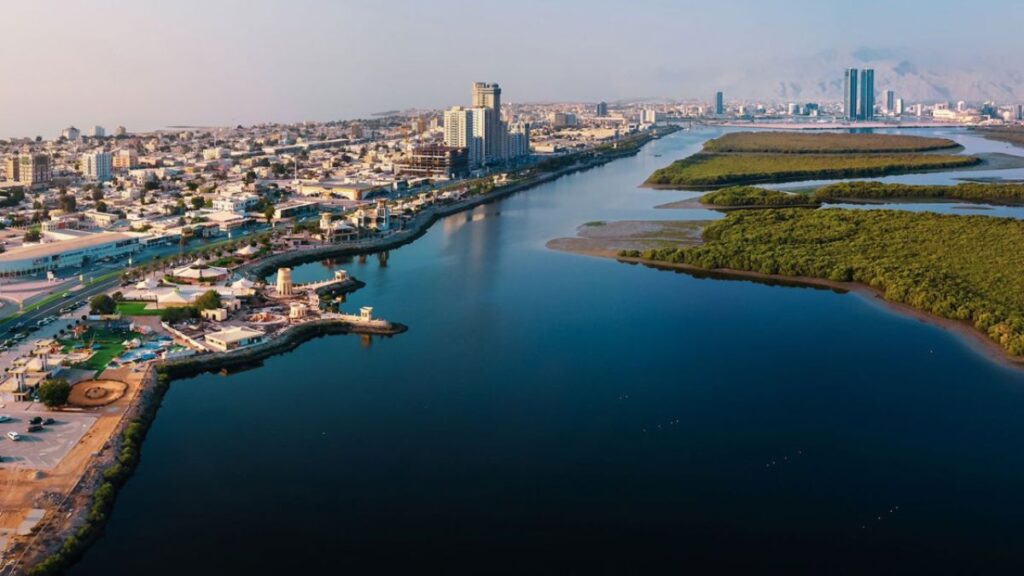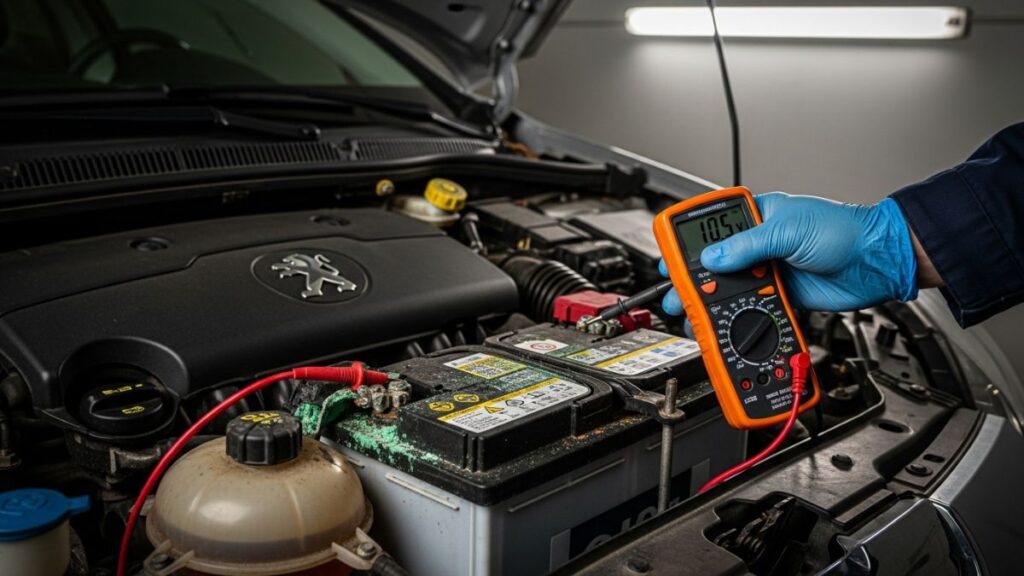Kidney and gallbladder stones are common conditions that affect a significant number of people worldwide. These stones can cause various symptoms and discomfort, leading to a hindrance in daily life activities. To raise awareness about these issues, RAK Medical Center Al Hamra in Ras Al Khaimah has taken a proactive step by offering complimentary screenings for kidney and gallbladder stones. This community initiative aims to empower individuals with knowledge, provide necessary medical support, ensure early detection, and enable prompt intervention if necessary.
On Saturday, 24th June, from 11 am to 7 pm, people can visit the Center to avail themselves of this opportunity. Each participant will receive a comprehensive doctor consultation and a free ultrasound to accurately assess their condition. Let’s explore the causes, risk factors, symptoms, and preventive measures related to kidney and gallbladder stones in detail.
Understanding Kidney and Gallbladder Stones
Differentiating Symptoms and Impact on Daily Life
Kidney and gallbladder stones often cause similar stomach discomfort, which can be confusing for individuals. The common symptoms include pain, nausea, vomiting, and fever. These stones, whether as small as a grain of sand or large enough to impair bodily functions, can severely hinder one’s daily life. In many cases, hospitalization or surgery may be necessary to remove them. It is important to note that gallbladder stones consist of cholesterol, while kidney stones are formed by calcium salts.
Chronic Kidney Disease and Risk Factors
Chronic kidney disease in adults is commonly caused by underlying conditions such as diabetes and high blood pressure. Additional risk factors include heart disease, obesity, a family history of kidney disorders, past kidney damage, and older age. Maintaining healthy blood sugar and blood pressure levels plays a crucial role in maintaining kidney health.
Susceptibility and Factors Affecting Stone Formation
Kidney and gallbladder stones can develop at any age, but the average age for stone formation is 45 for men and 40 for women. Women are more susceptible to gallstones, especially those with excess estrogen due to factors such as pregnancy, hormone replacement therapy, or birth control pills. Advancing age also increases the likelihood of gallstone formation.
Silent Stones: Symptoms and Incidental Discovery
Gallstones are often referred to as “silent stones” because they may not always exhibit symptoms. These stones are incidentally discovered during unrelated medical diagnoses. It is essential to highlight the significance of early detection to alleviate symptoms and prevent complications.
Preventive Measures and Early Intervention
Dr. Raza Siddiqui, CEO of Arabian Healthcare Group and Executive Director of RAK Hospital, emphasizes the treatability of kidney and gallbladder stones with timely medical attention. By maintaining good hydration, adopting a healthy diet, and avoiding smoking and alcohol consumption, individuals can reduce the risk of stone formation. Early detection through screenings and consultations enables prompt intervention and appropriate medical support.
To further understand kidney and gallbladder stones, let’s explore some frequently asked questions related to these conditions.
FAQs
1. What are kidney and gallbladder stones?
Kidney stones, also known as renal calculi, are hard mineral and salt deposits that form in the kidneys. Gallbladder stones, or gallstones, are solid particles that develop in the gallbladder. Both conditions can cause pain and discomfort when they obstruct the urinary tract or bile ducts, respectively.
2. What are the risk factors for developing kidney and gallbladder stones?
Several factors can increase the risk of developing kidney and gallbladder stones. These include a family history of stones, dehydration, a diet high in sodium or oxalate, obesity, certain medical conditions (such as urinary tract infections or inflammatory bowel disease), and certain medications or supplements.
3. What are the common symptoms of kidney and gallbladder stones?
The common symptoms include pain, nausea, vomiting, and fever. However, it is important to differentiate between the symptoms of kidney and gallbladder stones as they can cause similar stomach discomfort.












